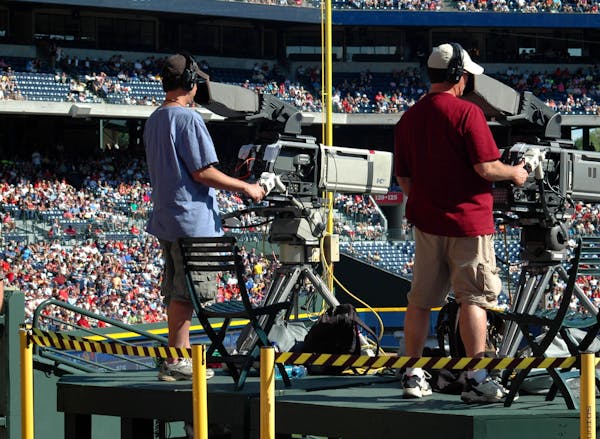The Path to Becoming a Sports Commentator: Steps and Strategies
Becoming a sports commentator requires a lot of hard work and dedication. But, the rewards are worth it!
A good commentator is able to explain the game clearly and quickly. Many sports commentators also have a great deal of knowledge about the sport and can give insightful analysis. It is important to have public speaking skills as well. Find out more at 스포츠중계!
Knowledge of the Sport
Knowledge is the ability to understand the rules and tactics of a sport. This is something that can be acquired by playing a sport or even just watching it with friends. Knowledge can also be gained by reading books or blogs about the sport. Having this knowledge will help you to make comments on a game that are well informed.

Experts on the highest level in a sports discipline have a great deal of knowledge. This knowledge enables them to act intuitively and non-consciously, making use of contextual cues for performance. This concept of expert performance has become the subject of philosophical discussion, with Anders Ericsson using the term ‘expertise’ in his work.
Studies have shown that experts classify problems according to underlying functional principles, whereas novices operate more strongly with superficial features. This has implications for sports coaching and has been highlighted in research on springboard divers. It also highlights differences in the way that men and women acquire and mobilize sport knowledge.
Public Speaking Skills
A sports commentator needs to be comfortable speaking on the microphone and in front of a camera. To hone these skills, they can take public speaking courses or join debate or toastmasters clubs. In addition, they should practice by turning on the TV or radio and reporting on events in real time.
To prepare for a career in sports commentating, aspiring broadcasters can obtain a bachelor’s degree in journalism, media studies, or sports communications. These degrees can provide training in broadcasting and journalism techniques, as well as provide valuable industry experience.
They can also participate in internships with local sports organizations to gain broadcasting experience and develop their skills. In addition, a strong social media presence is important for sports announcers to keep current with local news and build their audience. It is also essential to maintain a reel of video clips showcasing their work. This helps them demonstrate their skills to potential employers. Lastly, a sports commentator should be comfortable traveling to sporting events and working long hours.
Reel Skills
Many sports commentators start their careers in a different position within a broadcasting company, such as writing copy, answering phones or operating cameras and equipment. Internships and part-time jobs are the best way to get used to being on-camera or behind a microphone.
When applying for a job, you will need to create an audio or video reel that showcases your ability. The reel should include a few of your air checks as well as an unedited portion of an actual game that you announce at. For example, a play-by-play announcer should include an entire unedited inning of a baseball or hockey game.
The most successful sports commentators are former players or coaches and have a deep understanding of the rules of their chosen sport. They also have extensive research skills to provide educated insights and commentary to audiences during games. They can keep an audience engaged even during boring or slow portions of a game or event.
Ability to Think Quickly
A great analyst is able to explain the game to an audience while maintaining clarity. They have the ability to stay calm and focused when a player goes down with an injury, or when a play is controversial.
They also excel at watching replays, quickly dissecting for viewers what went right or wrong with a play. They are able to answer the questions of why it was a lateral, what exactly caused a traveling call and so on.
They also understand the importance of bringing the audience back into the game with rhetorical questions, such as “did you see that?” It’s a simple trick that keeps audiences on the edge of their seats and can be the difference between them tuning out the broadcast or engaging in it. The best way to learn this art is by watching famous sports commentators and studying how they work their magic.
